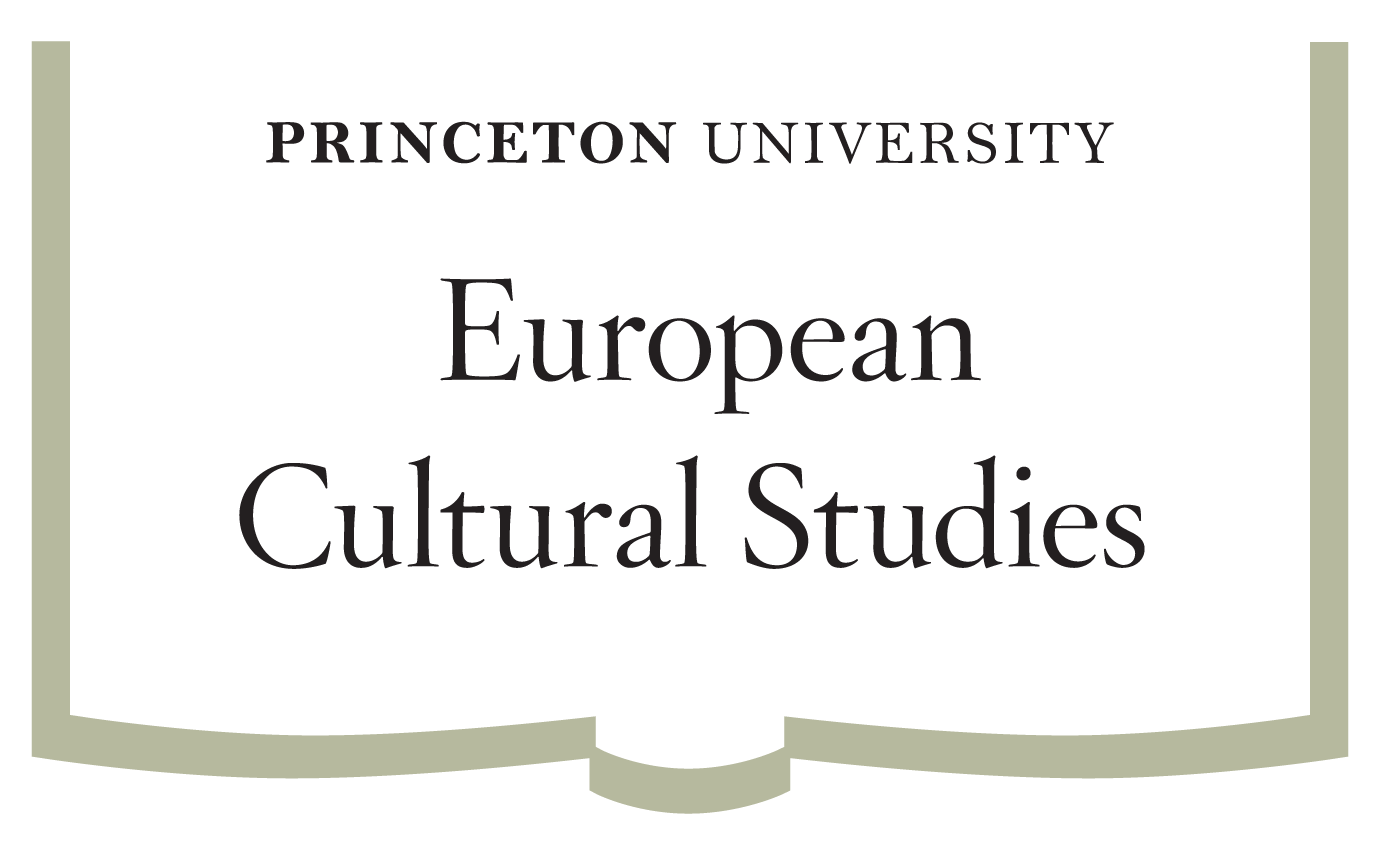You are invited to join our certificate program.
The ECS Program welcomes students with a concentration in any department, and does not place any restrictions on independent work. Our recent graduates have concentrated in the natural sciences, engineering, social sciences, and the humanities. Many have studied abroad and have received ECS course credit for courses taken while they were away from Princeton.
There are no formal pre-requisites for enrollment in any ECS course or for application to the certificate program. Students normally join the program by the fall of their junior year, but it is possible to complete the certificate with relative ease beginning in the spring of the junior year. Early application during the sophomore year is an especially good idea for those planning to study abroad during the junior year.
Early applicants, late-comers, and students with questions about the ECS certificate are urged to contact Brigid Doherty, Director, for additional information.
Course of Study
The complete coursework requirements for the ECS certificate are:
- either ECS 301/EPS 301 (to be offered in Fall 2015)
- or EPS 302/ECS 302 (to be offered in Fall 2016)
- or the HUM sequence (HUM 216-219)
- and two more courses in ECS at the 300- and/or 400-level.
As far as ECS is concerned, students are welcome to count any or indeed all those courses not only towards the ECS certificate, but also towards distribution requirements and/or requirements for a major or another certificate.
The only additional requirements for the ECS certificate are participation in three other intellectually stimulating elements of the Program:
- the Junior Excursion, an excursion to a cultural event in New York (offered annually and a lot of fun)
- the Faber Lecture, a lecture and dinner with a distinguished scholar visiting Princeton to deliver the ECS Program’s most prestigious public lecture
- and the ECS Senior Thesis Colloquium in the Spring of the senior year.
Although they write their theses under the direction of their home departments, throughout the early spring of the senior year ECSers meet once a week, over a meal, to address common problems of research, conceptualization, organization, and writing under the supervision of the Director of the Program. In advance of each weekly session, two or three students each submit a thesis chapter for close, critical reading by all members of the colloquium. During the sessions, students make introductory presentations of their projects, which are followed by discussions of the submitted chapters. Attendance at every session is required, and active participation in discussion is expected of all members of the colloquium each week. Though many ECS students address European topics in their theses, this is not a requirement of the Program. For the purposes of the Senior Thesis Colloquium, certificate students from the sciences or engineering may submit a paper written for an ECS course for circulation and discussion, or they may opt to share material drawn from their thesis research and discuss aspects of their projects that intersect with the broader concerns of the colloquium. The Senior Thesis Colloquium is regularly praised by ECSers as a signal moment in their Princeton careers.
In 1989, a fund was created in honor of Asher Hinds, one of the leaders of Princeton’s Special Program in the Humanities. Each year, ECS draws on this fund to award the Asher Hinds Senior Thesis Prize in recognition of a senior thesis by an ECS certificate student that makes a significant contribution to the field of European Cultural Studies.
“I decided to earn the ECS certificate as I have always been passionate about European history and culture, and sought a way to incorporate this interest into my study of Economics. I have especially liked the ECS program for its ability to bring together students from many disciplines with diverse points of view to engage in pointed discussions centered on the humanities and the arts.”
—Caroline Chiaroni ’16
“I highly recommend the Program in European Cultural Studies thesis colloquium, and thus the certificate program as a whole, to anyone whose interests lie in this area; the requirement that I submit a chapter for examination by my peers in February turned out to be quite helpful, if only because it meant that I had to have at least one chapter written by February!”
—Jacob T. Denz ’11
Application Form












